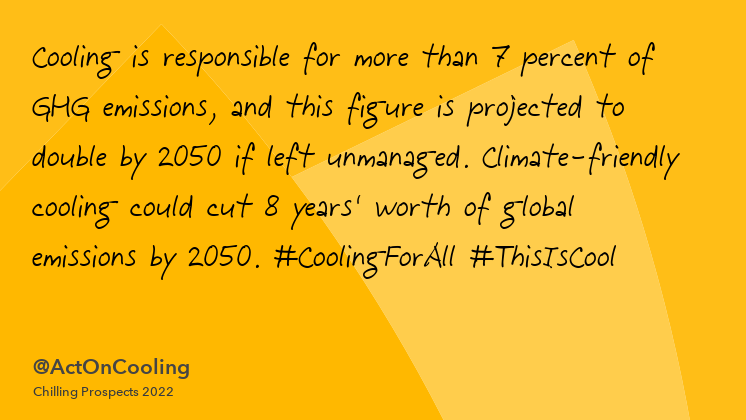SEforALL partners with Government of Panama to launch STEM Traineeship in Panama
Sustainable Energy for All (SEforALL) launched its first cohort of STEM (Science, Technology, Engineering and Math) trainees in Panama on 29 April 2024 in partnership with the National Secretariat of Energy of Panama. This empowering six-month programme, supported by the Ministry for Foreign Affairs of Iceland and the Austrian Development Agency, will provide soft skills and activity-based technical training to three recent university graduates through their participation in a national solar photovoltaic (PV) electrification project.
The STEM trainees will support the National Secretariat of Energy of Panama to oversee solar installations through the Operación Solar project, which aims to bring PV systems to over 600 families, 10 schools, and 5 communities across Panama.
Operación Solar aligns with the country’s commitments towards Sustainable Development Goal 7 (SDG7), including their ambitious Energy Compact aimed at achieving universal access to affordable, reliable and modern energy services by 2030 through a focus on renewable energy, energy efficiency, and sustainable development. In addition, Panama is a signatory on the 24/7 Carbon-Free Energy Compact, the No New Coal Energy Compact and the Gender-Energy Compact, as well as one of the 14 countries that are part of the Renewable Energy in Latin America and the Caribbean (RELAC) Energy Compact.
“Panama continues to be a strong champion for advancing SDG7, having demonstrated their commitment and leadership in sustainable energy initiatives. I’m delighted that SEforALL is partnering with the Government of Panama on this important initiative to bring more young women into the energy workforce,” said Damilola Ogunbiyi, CEO and Special Representative of the UN Secretary General for Sustainable Energy for All (SEforALL).
Roselina Lindo, National Secretary of Energy of Panama, highlighted that “36% of professionals who started working in Panama's Energy Sector during the last 3 years were women,” and that “SEforALL's support for STEM trainees in Panama is a key building block to bring female talent in the energy transition era.”
The three STEM trainees participating in the first cohort expressed their excitement and shared their aspirations for the programme:
“This project presents the ideal opportunity for me to delve into the field of Solar Energy as a Mechanical Engineer, enabling me to both expand my knowledge and gain valuable hands-on experience. I am genuinely excited to be part of this initiative, which not only empowers women in STEM but also allows me to collaborate closely with them. Furthermore, I am eager to contribute to my country's efforts in diversifying its energy sources, aiding various communities, and addressing the pressing issue of climate change as we strive towards the goals of 2030.”
Ana Jimenez
“I'm very excited to gain unforgettable and innovative experiences that help me acquire new skills and, in turn, enable me to share my knowledge, leaving a mark on the transition to cleaner and more sustainable energy for the future.”
Valeria Rivas
"I am glad to share my excitement to be joining the SEforALL programme here in Panama! I am looking forward to working and contributing to this impactful initiative. I would like to highlight that it is especially joyful for me, since I share a common interest in sustainability with this team and because of finally having the opportunity to work with photovoltaic systems. I can't wait to participate, and I hope we help create a greener future together and empower our communities."
Karen Sthefany




